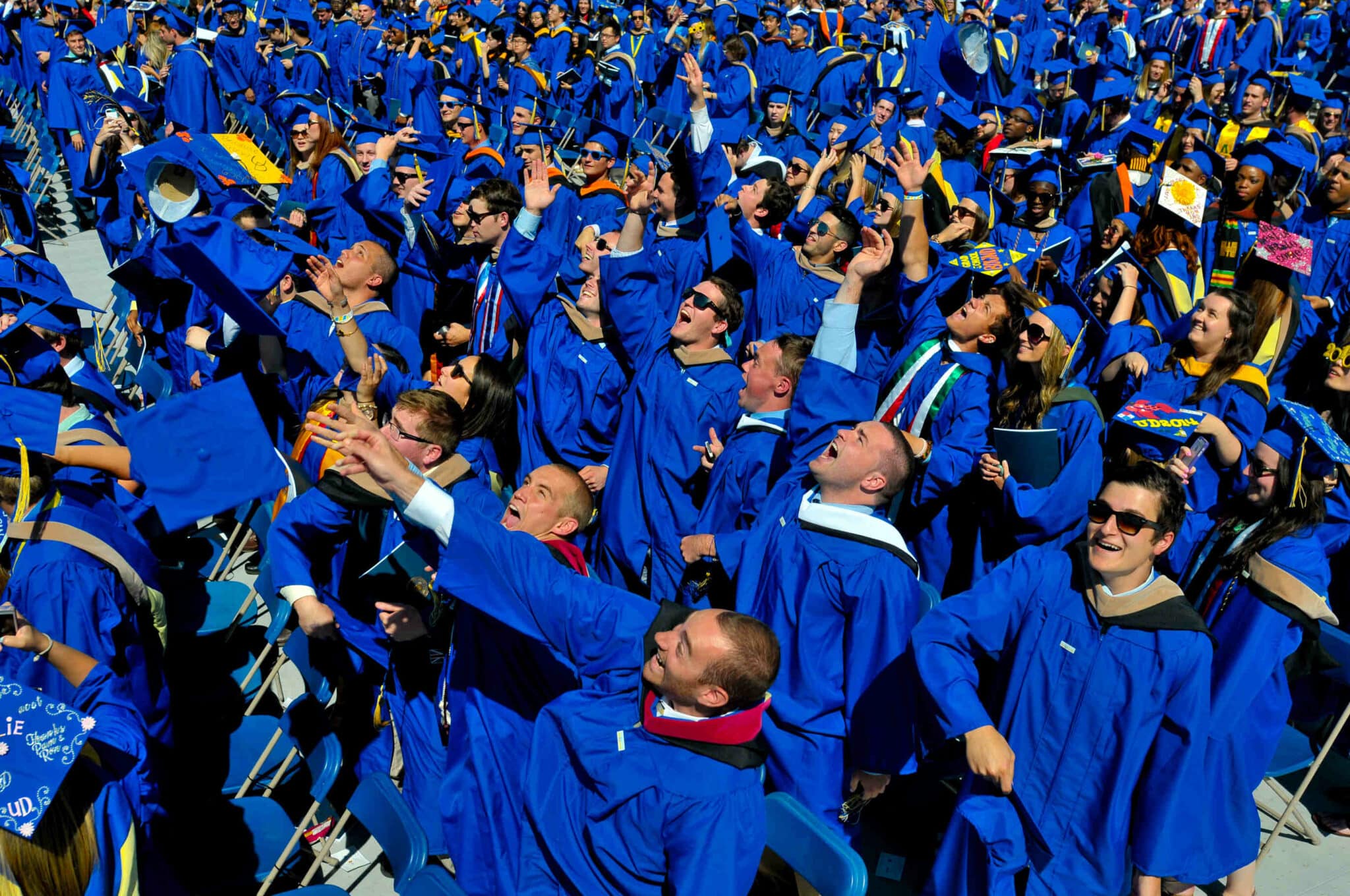The recent political turmoil affecting universities, leading to the resignations of two Ivy League presidents, has added to the challenges faced by institutions already grappling with declining public trust.
The long-standing national aspiration of “college for all” that shaped America’s economy and culture is now eroding due to issues such as massive student debt, underemployment of degree-holders, and political tensions on campuses.
Over the past decade, confidence in higher education has declined from 57% to 36%, as indicated by Gallup. A decrease in undergraduate enrollment since 2011 has resulted in 3 million fewer students on campuses. Nearly half of parents express a preference not to send their children to a four-year college after high school, even without financial obstacles. Meanwhile, two-thirds of high-school students believe they can succeed without a college degree.
The COVID-19 pandemic underscored a harsh reality for many middle-class American families: the “college for all” model is no longer viable for most. Arthur Levine, president emeritus of Columbia Teachers College, likens this moment in post-secondary education to the transformative change that followed the Industrial Revolution, reshaping higher education into a diverse system of community colleges, land-grant universities, and graduate schools.
The current dilemma faced by high-school students is that, despite a significant economic disruption, new educational alternatives have not emerged quickly enough. While the “college for all” model had its origins in 1965, with the federal government making loans available to college-bound individuals, the recent challenges have exposed its shortcomings.
The shift away from vocational education programs in favor of college preparatory classes during the baby boomer era is now being reevaluated amid changing perceptions and challenges in higher education.

















